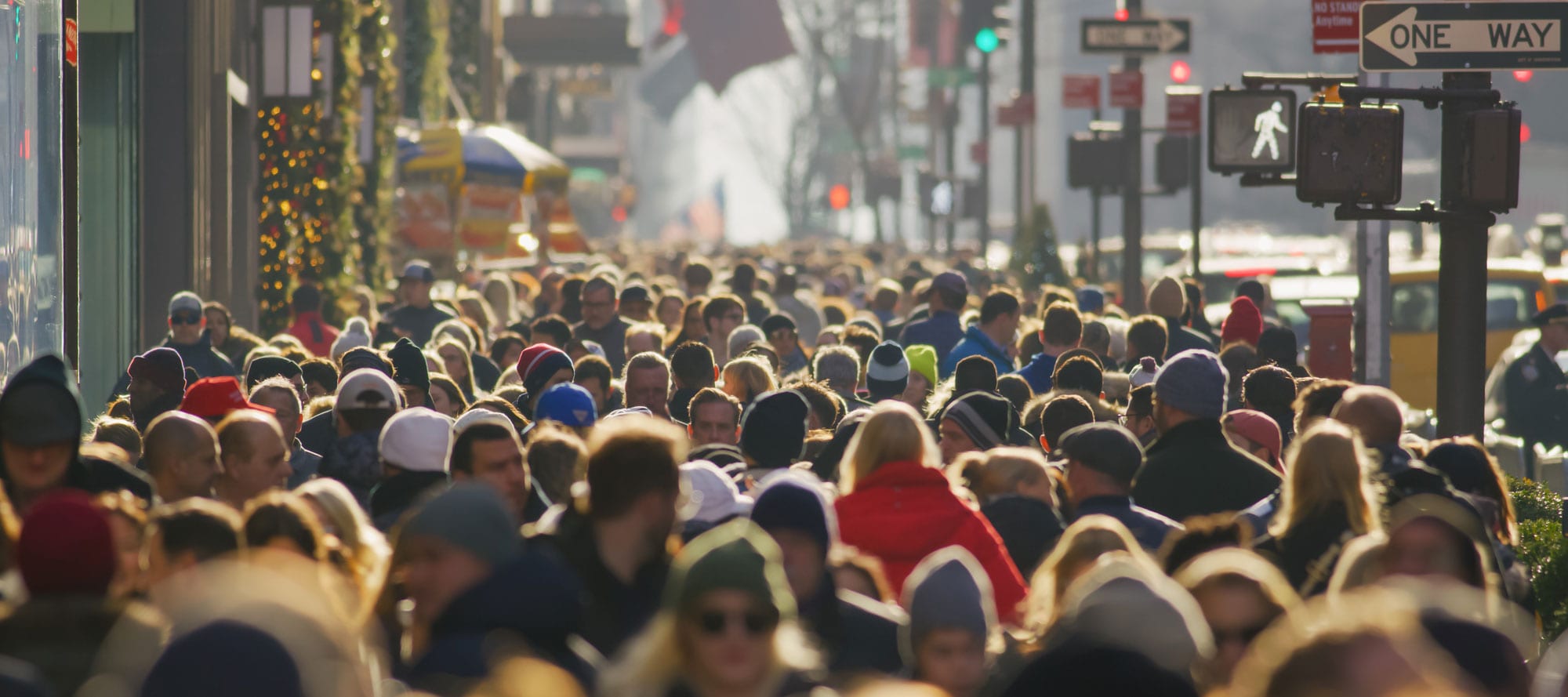By Dickson Despommier
Gregarious: together; aggregating; attracted to crowds of the same species; colonial living; living in flocks or loosely organized communities.
Cities
Since their establishment some 11,000 years ago, as of 2020, cities with populations greater than one hundred thousand have evolved and grown to accommodate some 60% of us (that’s 4.4 billion individuals). The trend is clear. In another 50 years it is estimated that over 80% of the human population will live in cities. Our penchant for gregarious behavior is perhaps at least in part due to our genetics, but another reason for our willingness to live so close to one another may simply be due to the fact that we were born there. Why we became city dwellers is of little consequence regarding what happens once we do so. While many modern metropolises employ state-of-the-art municipal services specifically designed to protect the health of everyone who lives within their boundaries, the majority of the world’s cities are still playing catch-up to install basic technologies that require resources beyond their means. The result is that millions of inhabitants are at risk on a daily basis from diseases long ago addressed in other more affluent parts of the world. But take no comfort from the fact that you might live in such a privileged environment. Many health issues of the world’s poor and disenfranchised can suddenly become a global problem, and sometimes in just a matter of weeks. In short, we are still seeking fundamental answers as to how we can all live in cities in ways that reinforce healthy life styles. Without this knowledge, we may not make it into the next millennium.
The most significant negative aspects of living colonially include exposure to highly contagious infectious diseases (measles, polio, cholera, malaria, diphtheria, tuberculosis), pollution of all kinds, anti-social behavior, the lack of reliable, resilient municipal services that can vary greatly depending upon one’s social status (e.g., clean air, safe food, reliable transportation systems), and access to quality education, again dependent upon one’s ability to pay for that essential service. There are other disadvantages, to be sure, but these are the main ones that can be directly addressed by re-ordering our priorities. Even under the best of circumstances, while public health has advanced our ability to live in crowded situations, it is often inadequate when systems are over-whelmed by a disaster, be it natural or anthropogenic.
The latest test of humanity’s ability to survive in large groups comes in the form of yet another of nature’s many challenges, the SARS CoV-2 virus infection. As of May 9th, 2020, this virus has caused disease in more than 3,974,036 of us world-wide, with 276,007 fatalities. The majority of deaths are in the older age groups (60 and up), but all age groups have suffered some fatalities as the result of infection. The reason why this virus is like no other relates to its unique biology and ours, as well. SARS-CoV-2 is highly contagious for reasons we are still trying to unravel. It spreads easily in crowded venues via droplet and contact with contaminated inanimate objects in places like restaurants, sporting events, churches, cruise liners, and other types of social gatherings. The only reasonable thing to do to prevent further spread in the absence of a vaccine or effective drug(s) is to socially distance each of us from everyone else. The big question is can we do this without some authoritarian/draconian control of our movements, or can we collectively self-govern and hunker down in isolation until the threat of infection is reduced to some small fraction of today’s health risk? The answer is it all depends upon the society in question and the perceived risk by the general public.
To date, a few countries (New Zealand and Iceland) have been able to flatten the curve. All the rest of us continue to accumulate new cases with many more asymptomatic positives and health care systems are being stretched to the breaking point. What happens next is hard to imagine, but it’s likely that things will get worse before they get better. When will common sense kick in and speed up a world recovery effort?
In the meantime, the only thing positive about all this relates to the health of the environment. We have essentially removed ourselves from the outside. Commerce has come to a halt. As a result, the air is cleaner, the waters are clearer, and most of the wildlife is in a temporary state of euphoria over the absence of humans mucking about in their world. This is not exactly what we had in mind as a strategy for “rewilding” the planet. Perhaps when things return to “normal” we can figure out ways to maintain the health of the environment, and make our own lives better, as well.
https://www.yahoo.com/news/coronavirus-air-pollution-co2-fall-031241943.html


